Beirut port blast probe suspended again following legal challenges
A probe into the Beirut port explosion has been suspended after two former ministers facing charges lodged a legal complaint against the lead investigator.
A judicial source told media outlets that the judge was forced to stop work on Thursday after former public works minister Youssef Fenianos lodged a legal complaint against him.
Judge Tarek Bitar was informed of a "lawsuit submitted by former public works minister Youssef Fenianos... which forced him to pause the probe until a ruling is issued," the source said.
It is the third time that Bitar has had to suspend his probe in the face of lawsuits filed by former ministers suspected of negligence over the August 2020 explosion.
The total number of lawsuits filed against Bitar now stands at 15.
The judge has come under huge pressure from political groups which have accused him of "bias" and effectively called for his replacement.
Bitar has for months tried to question former ministers Ali Hasan Khalil, Ghazi Zeiter, Nouhad Machnouk, Finianos, as well as former prime minister Hasan Diab.
The judge has also asked to summon general security chief Major-General Abbas Ibrahim and state security head Major-General Tony Saliba. However, the interior ministry and the higher defense council did not grant him permission to do so.
Bitar has led the Beirut blast probe since February, after his predecessor Judge Fadi Sawan was removed following a similar legal complaint that questioned his impartiality.
Sheikh Naim Qassem, the deputy chief of Lebanon’s Hezbollah resistance movement, has also recently criticized the judge, saying he is causing trouble for the country by politicizing the case and must therefore be dismissed.
His remarks came last month after militiamen with the far-right Lebanese Forces (LF) party led by Samir Geagea fired at protesters who had gathered peacefully to criticize the politicization of the probe into the 2020 Beirut blast in Tayyoune neighborhood. At least seven people lost their lives and around 30 more were injured in the armed attack.
More than 200 people were killed and about 6,500 wounded in the explosion at Beirut’s port last year, when a huge stockpile of ammonium nitrate, which had been stored unsafely at the port for years, detonated.
The explosion has left Lebanon’s economy — already reeling from multiple crises, including the breakdown of its banking system, spiraling inflation and the coronavirus pandemic — in tatters.
Western meddling and US sanctions have worsened the deteriorating financial and political crisis.
BRICS offers Turkey partner status, says Turkish minister
Over dozen killed as twin Israeli strikes hit Syrian capital, suburb
Trump team drawing up list of Pentagon officers to fire: Sources
IRGC Ground Force disbands terrorist team in southeastern Iran
Resistance front to deliver ‘painful’ blows to enemies: IRGC chief
UNRWA chief warns of 'catastrophic consequences' of Israeli ban on agency
Israel hits south Beirut with strikes again
Iran will make Israel ‘regret’ its act of aggression: IRGC Cmdr.










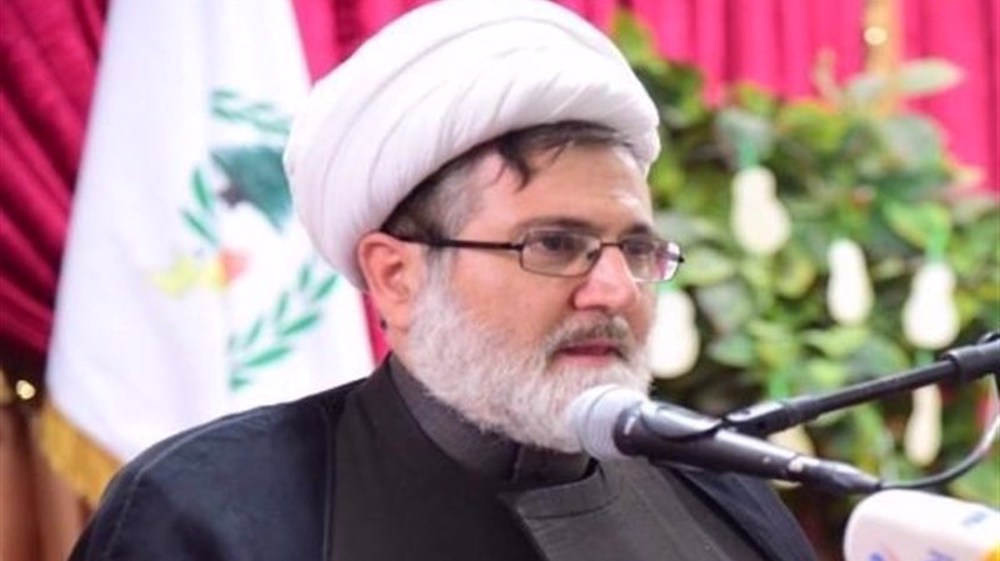
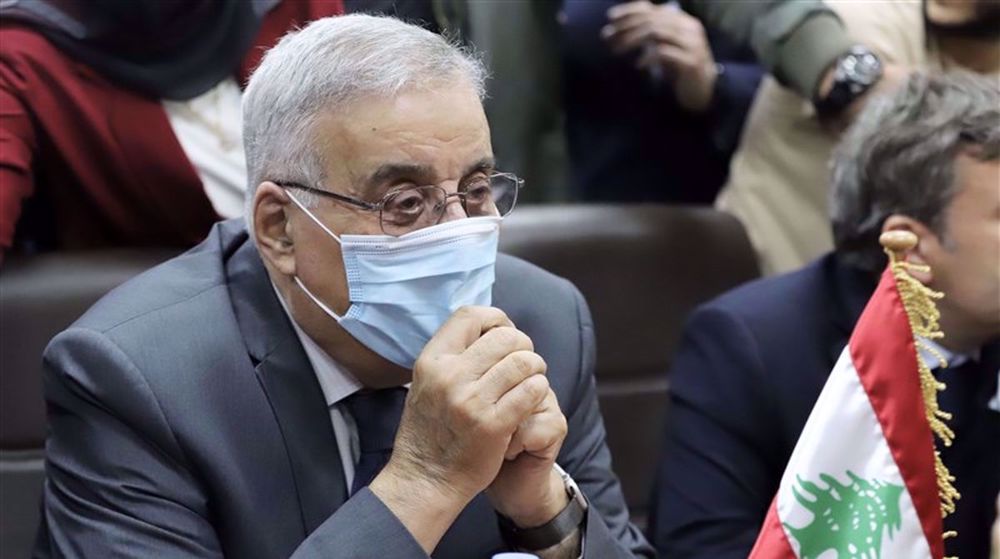
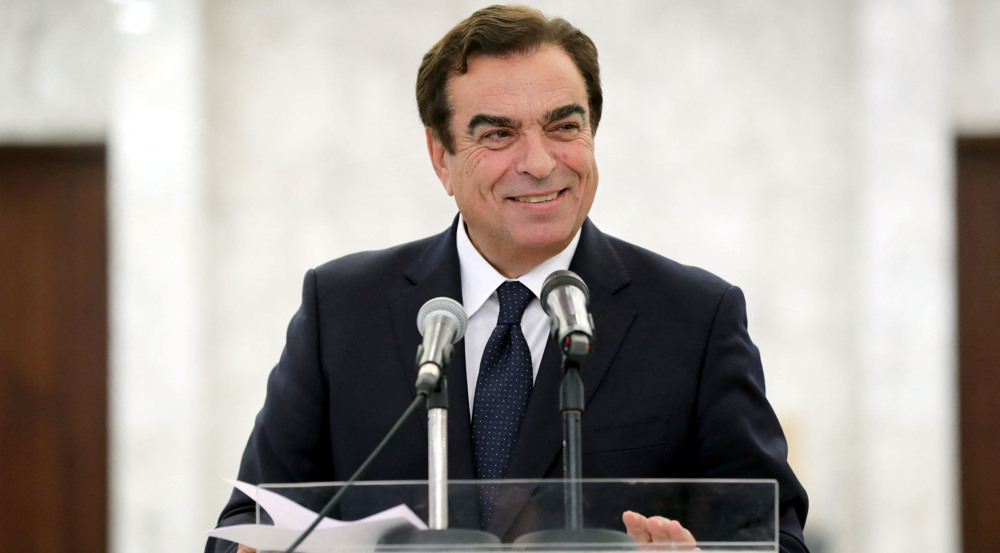


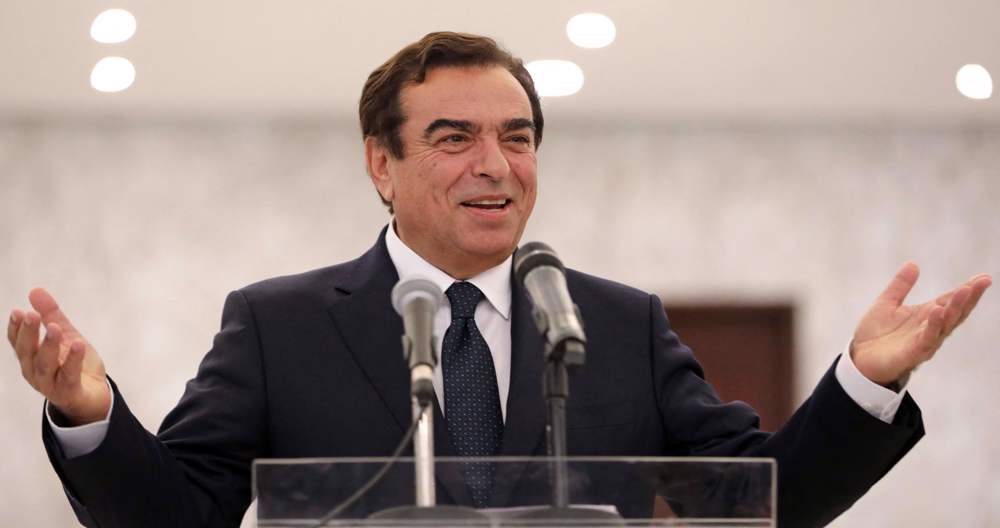

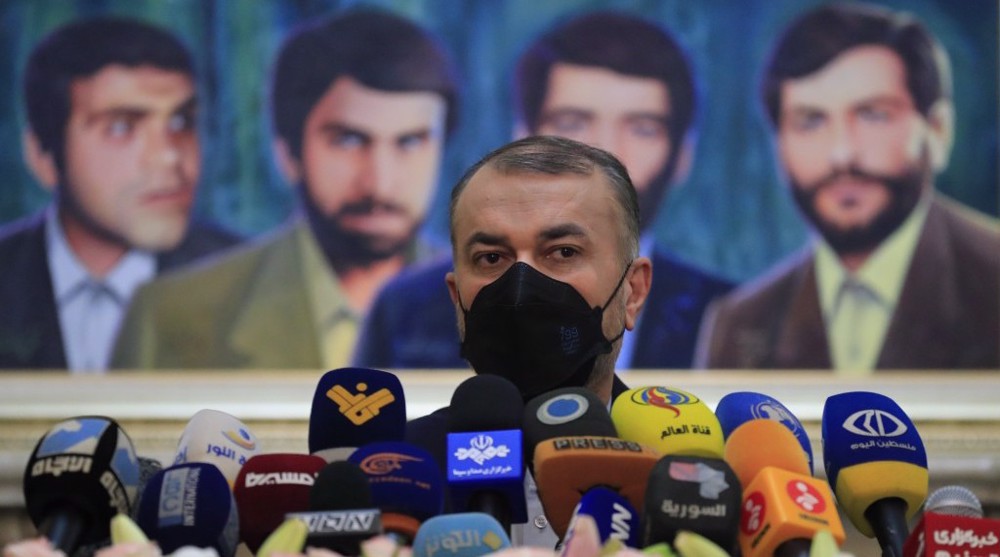


 This makes it easy to access the Press TV website
This makes it easy to access the Press TV website